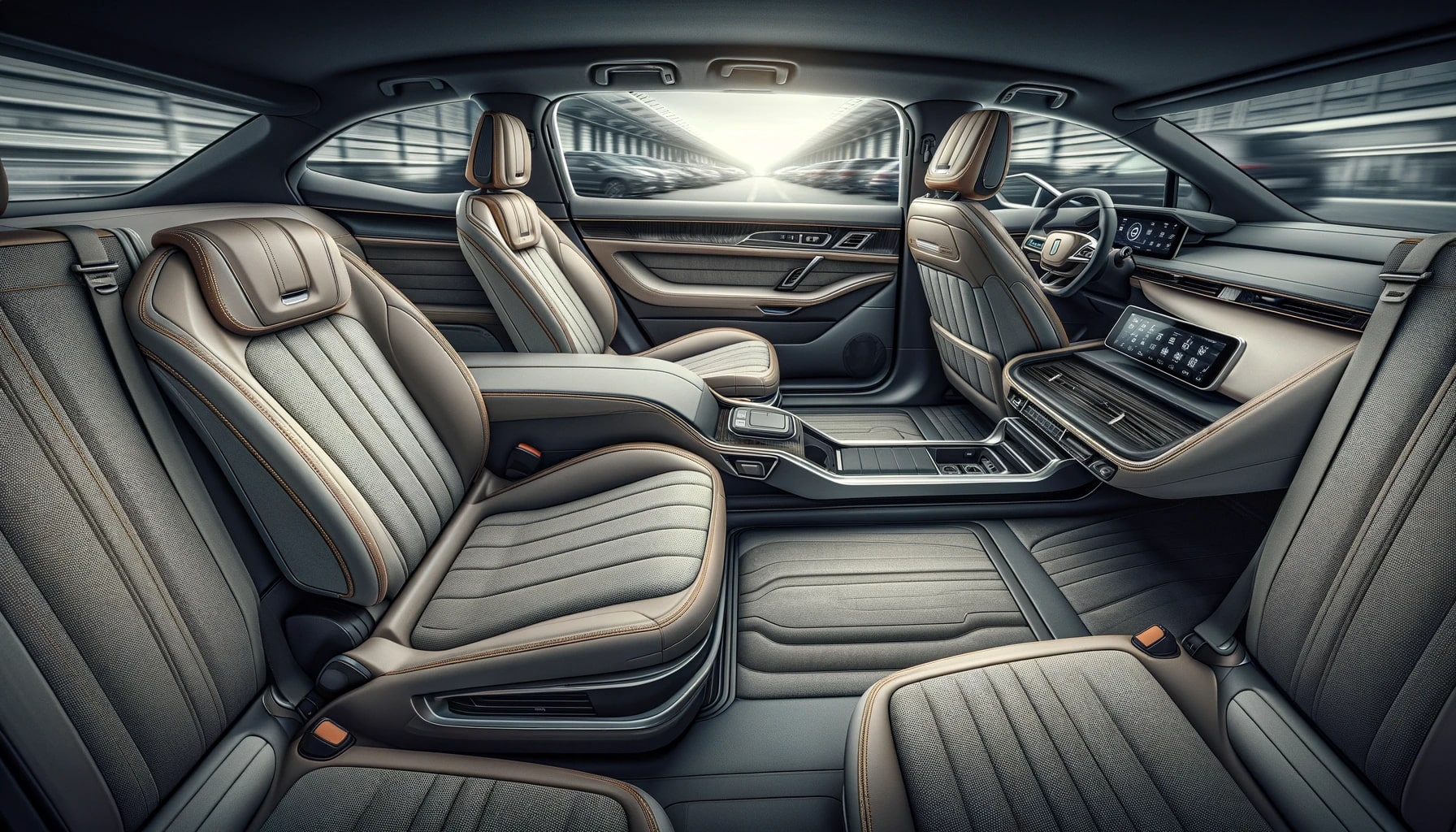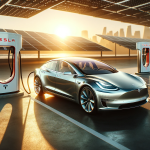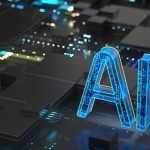Hyundai Motor Co. has recently shifted its strategic focus by increasing investments in hybrid vehicle production at its new Georgia plant. Initially planned as a dedicated facility for electric vehicles (EVs), the automaker has adjusted its production plans in response to changing market demands. This move reflects a broader trend among legacy automakers who are experiencing a slowdown in EV sales and are pivoting towards hybrids to maintain profitability and market relevance. Hyundai’s decision underscores the dynamic nature of the automotive industry, where consumer preferences and economic factors can prompt significant strategic shifts.
Automakers have been facing an unpredictable market, evidenced by fluctuating demand for electric vehicles. Historically, companies like Hyundai projected a rapid increase in EV adoption, which has not materialized as expected. The broader automotive industry has noted similar trends, with other major players like Ford and General Motors also recalibrating their vehicle production strategies from purely electric to include more hybrids. This trend is partly due to the economic uncertainties and the current technological limits of EV infrastructure, which have caused consumers to lean towards hybrids as a more feasible short-term option.
Why Shift to Hybrids Now?
The decision by Hyundai to ramp up hybrid production rather than focusing solely on EVs is a strategic response to the current market conditions. Hybrids, which combine a gasoline engine with an electric motor, offer consumers lower initial costs and less anxiety over battery range compared to fully electric vehicles. This has made them increasingly popular. In its recent financial disclosures, Hyundai revealed substantial profits and record sales, indicating a strong performance bolstered significantly by the robust sales of its hybrid models. This financial success has likely reinforced the company’s decision to diversify its production to include hybrids extensively.
What Does This Mean for EV Market Dynamics?
Hyundai’s adjustment in production strategy might influence other automakers’ decisions in the EV market. The shift towards hybrid vehicles could potentially slow down the pace of EV adoption, affecting not only market dynamics but also the technological advancements in battery and charging infrastructure. Despite this, companies like Tesla continue to advocate for electric vehicles as the definitive future of transportation, signaling a potential rift in industry approaches towards future mobility solutions.
How Are Other Automakers Reacting?
The trend of shifting focus from EVs to hybrids is not isolated to Hyundai. Ford and General Motors have also altered their vehicle production plans to increase their offerings of hybrids. This industry-wide pivot suggests a strategic alignment among legacy automakers to hedge their bets by balancing between fully electric and hybrid vehicles. This trend has been corroborated by recent articles, such as one on Engadget titled “Ford rethinks electric strategy with new hybrid models,” and another on AutoNews called “GM boosts investment in hybrid technology.” These articles highlight a clear industry trend towards hybrid technologies as a reaction to current market forces and consumer preferences.
In a related academic analysis published in the Journal of Sustainable Development, a paper titled “Hybrid vs. Electric: Market Evolution and Consumer Preferences” discusses the nuanced consumer behaviors influencing the automotive market. It highlights that hybrids are seen as a transitional technology that could potentially bridge the gap until EVs become more viable for the mainstream consumer. This paper provides a scholarly perspective that supports the real-world shifts observed in the strategies of companies like Hyundai.
Key Insights from Hyundai’s Strategy
– The expansion into hybrid technology helps Hyundai mitigate risks associated with the nascent EV market.
– Diversifying production to include hybrids may ensure sustained profitability amid fluctuating demand for EVs.
– The company’s adaptability to market trends showcases a pragmatic approach to future mobility solutions.
Hyundai’s pivot to hybrid production in its Georgia plant illustrates a significant shift in the automotive industry’s trajectory. This strategic realignment from purely electric to a more diversified approach including hybrids reflects a broader industry trend influenced by current economic conditions, technological challenges, and consumer preferences. As automakers globally reassess their strategies in the face of evolving market dynamics, Hyundai’s move might serve as a blueprint for balancing innovation with practical market demands. Ultimately, this shift underscores the importance of flexibility and responsiveness to external market forces in maintaining a competitive edge in the rapidly evolving automotive industry.










